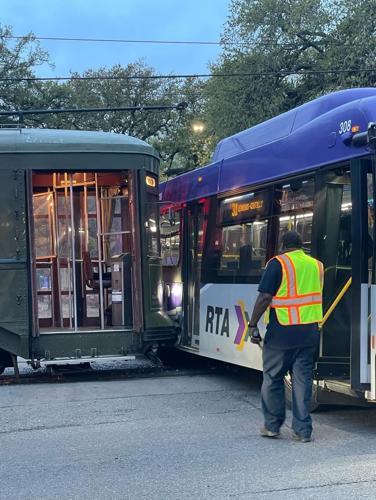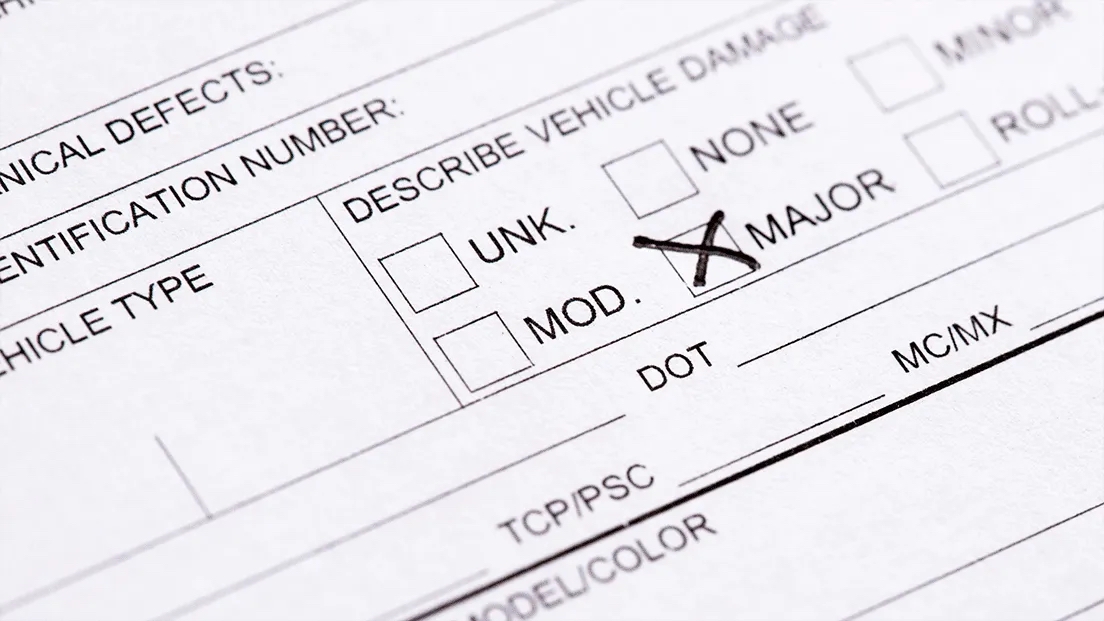As the new year begins, it’s the perfect time to reassess your insurance coverage. Whether you’re driving on Louisiana’s roads, owning a home, or operating a business, having adequate insurance is not just a smart financial decision—it’s a crucial step in protecting yourself and your loved ones in the event of an accident. At Banck Law, we’ve seen firsthand how proper insurance can make or break a personal injury case.
In this article, we’ll guide you through evaluating your insurance coverage and explain why it’s vital for personal injury claims.
Why Insurance Coverage Is Crucial in Personal Injury Cases
When an accident occurs, insurance often becomes the first line of defense in covering medical expenses, property damage, lost wages, and other costs. Without sufficient coverage, you may find yourself financially vulnerable or unable to recover the compensation you deserve.
Here’s why it matters:
- Medical Bills Add Up Quickly: Emergency care, surgeries, rehabilitation, and long-term treatments can lead to overwhelming expenses.
- Liability Concerns: If you’re found at fault in an accident, liability insurance protects you from paying out-of-pocket for damages.
- Uninsured or Underinsured Drivers: Louisiana has one of the highest rates of uninsured drivers, making uninsured/underinsured motorist coverage essential. This is one of the important types of coverage in a personal injury context.
Types of Insurance Coverage to Review
Here are key types of insurance to evaluate for 2025:
1. Auto Insurance
Louisiana law requires minimum liability coverage of:
- $15,000 per person for bodily injury
- $30,000 per accident for bodily injury
- $25,000 for property damage
While these minimums meet legal requirements, they may not be enough in a serious accident. Consider increasing your liability limits and adding:
- Uninsured/Underinsured Motorist Coverage: Protects you if the at-fault driver lacks adequate insurance. This is the most important type of coverage you can buy for your policy. This coverage is coverage that applies to you and you pay for. Almost universally, you cannot control what type of coverages other people buy, but you can control how much coverage you buy that protects you from what other’s decide to do. This is exactly that type of coverage.
- Medical Payments Coverage (MedPay): Helps cover medical expenses for you and your passengers.
- Collision and Comprehensive Coverage: Covers damage to your vehicle from accidents, theft, or natural disasters.
2. Homeowners or Renters Insurance
Homeowners insurance protects against liability for accidents on your property, such as slip-and-fall injuries. Make sure your policy includes:
- Adequate liability limits
- Coverage for medical payments to others
- Riders for high-value items or specific risks (e.g., floods)
If you rent, renters insurance provides similar liability protection.
3. Health Insurance
Even if you have auto or homeowners insurance, health insurance plays a critical role in covering medical expenses not covered by other policies. Review your deductible, co-payments, and network providers to ensure comprehensive care.
4. Umbrella Insurance
An umbrella policy provides additional liability coverage beyond the limits of your other insurance policies. It’s especially beneficial for individuals with significant assets to protect.
5. Business Insurance
If you own a business, ensure you have:
- General liability insurance
- Workers’ compensation coverage
- Commercial auto insurance (if applicable)
How to Evaluate Your Coverage
Use these tips to assess whether your current insurance policies are sufficient:
- Review Your Policies: Check your coverage limits, exclusions, and deductibles.
- Update for Life Changes: Have you bought a new car, moved, or started a business? Make sure your policies reflect these changes.
- Ask for a Professional Review: Your insurance agent can help identify gaps in coverage.
- Compare Options: Shop around to find competitive rates and better coverage.
- Consider Legal Advice: If you’re unsure how your coverage might hold up in a personal injury claim, consult with a lawyer.
The Role of Insurance in Personal Injury Claims
Insurance companies play a major role in personal injury claims, from determining liability to negotiating settlements. Having the right coverage ensures:
- Faster Claim Processing: Adequate coverage can streamline the claims process, reducing delays.
- Full Compensation: Comprehensive coverage can help you recover all damages, including medical costs, property damage, and lost wages.
- Peace of Mind: Knowing you’re covered allows you to focus on recovery after an accident.
- Uninsured/Underinsured Motorist Coverage: This is the most important type of coverage you can buy for your policy. This coverage is a coverage that applies to you and you pay for. It is often one of the cheapest add-ons to an insurance policy and is presumed to exist in Louisiana absent the proper UMBI rejection/selection form. Almost universally, you cannot control what type of coverages other people buy, but you can control how much UMBI coverage you buy that protects you from what other’s decide to do. This is exactly that type of coverage and it is essential in the context of a personal injury claim.
Protect Yourself in 2025 with Banck Law
At Banck Law, we understand how overwhelming personal injury cases can be, especially when dealing with insurance companies. If you’ve been injured in an accident, we can help evaluate your insurance coverage, navigate the claims process, and fight for the compensation you deserve.
Contact Us Today
Don’t let inadequate insurance leave you vulnerable in 2025. Call Banck Law for a free consultation and learn how we can protect your rights after an accident.
Call us now at (985) 900-2440 or fill out our online contact form to schedule your appointment.
Be prepared, stay protected, and Bank on Banck Law for all your personal injury legal needs in Louisiana.





